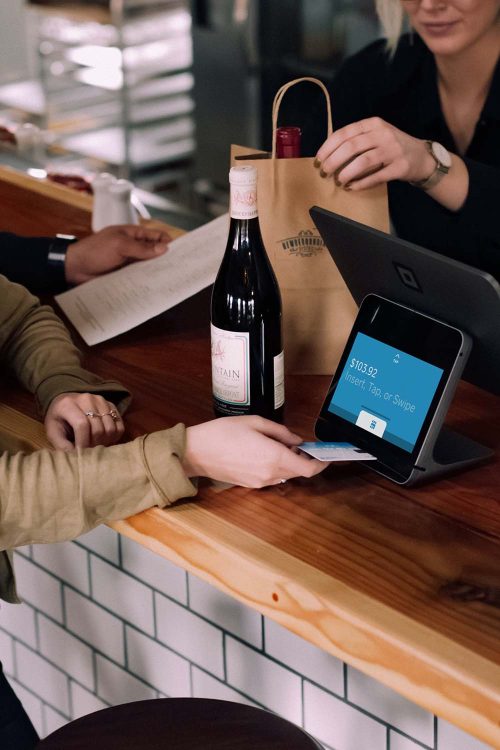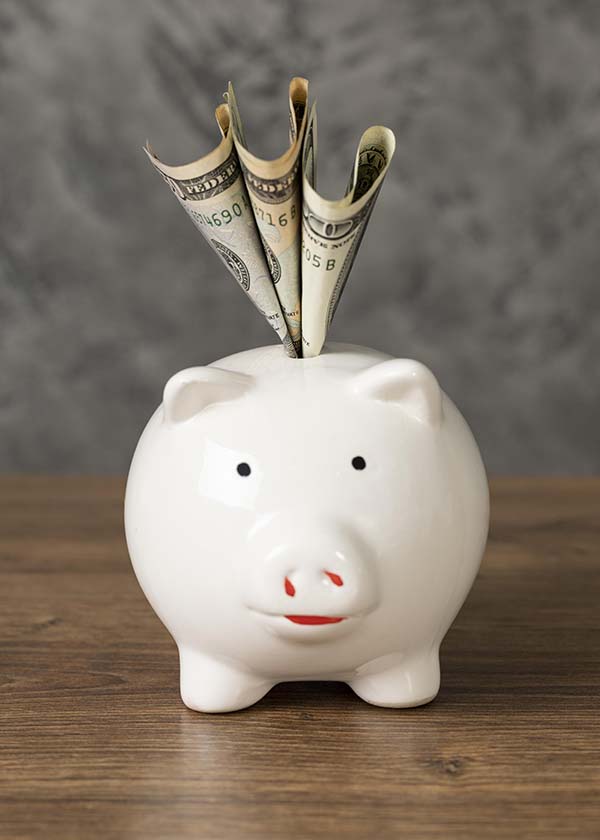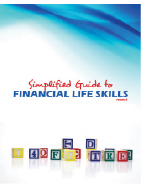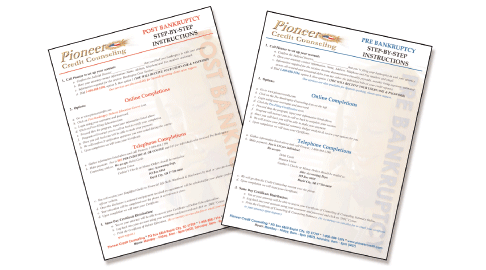I have never been a real fan of grocery shopping, so maybe I am sabotaging my shopping skills by being bad at it. This way I may not get asked to go anymore so we can eventually put our daughter through college.
The best part is that I know all of the tricks, and have practiced them myself. I spent the better part of my teenage years bagging groceries, stocking sugar-filled cereal eye level for kids, and setting up eye-catching displays that will get you to buy more mustard than you could ever need. My mother is even a manager at a local grocery store, and yet I can never get what is just on my list.
I have another embarrassing confession. I can NEVER buy only one item when I go into a grocery store. Here’s a familiar scenario. My wife will say, “Honey you need to run to the store we need some baby food.” Forty-five minutes later I show up with a few jars of baby food, a 2-liter bottle of soda (89 cents THIS WEEK ONLY!), some microwaveable egg rolls (They’re just so tasty as a late-night treat), and a bag of fresh roasted peanuts (whenever I see peanuts I must buy them, I’m close to seeing a doctor about my peanut problem). My loving wife will do no more than maybe roll her eyes, as she only expected that I would come back with a variety of unnecessary groceries.
That felt good to get that off my chest and I hope you all got a good laugh, and I promise I am trying to improve. We have been planning our meals and sticking to our list quite well. Besides, if I do find something that wasn’t on the list I tell my wife that I meant to put it on the list. Baby steps.
There are some commercials on TV right now that kind of bother me. They are the ones where there are many consumers paying for something and they resemble a well-oiled assembly line. Customers wave their key-card and the line continues smoothly until someone either tries to write a check or pays with cash. The assembly line comes to an abrupt halt and the perpetrator is stared at uncomfortably until his purchase is processed and he is gone.
It seems like they want to insult you for having the nerve to pay with a check or cash. Instead, use your credit card for all of your purchases and we have conveniently provided you with this key card that you can swipe. We won’t even bother you by signing anything or asking for ID.
So now I don’t have to worry about someone stealing my wallet but now my keys can be used to go on a shopping spree. (How many people have lost their keys) I don’t think that I am a big fan of credit being used so discreetly. I am sure there are security protections but I would like to think that people have enough patience to let someone pay how they please. Unless it’s over $5 and you pay in change, then we may have a problem.
What worries me most about the phasing out of checks is that there are still so many people who still use them regularly. Take my dad for example; he went to a local restaurant to purchase a gift certificate. The nice hostess accommodated him with a ticket, but as my dad started writing out a check for the purchase, the nice lady informed him that they don’t accept checks. My dad told her it was a local check and was still told that they can’t except it. He refused to believe that a national chain restaurant would not accept a check and told them that he did not have any cash on him. They then said that he could pay with a credit card. Well, my dad doesn’t have a credit card, and laughed as he left without the gift card.
I hope that all places don’t start assuming that everyone has a credit card.
Please, don’t become impatient if someone chooses to pay with cash or even a check. There is probably a very good reason why they are doing so.
Until next month, good luck and have fun.








